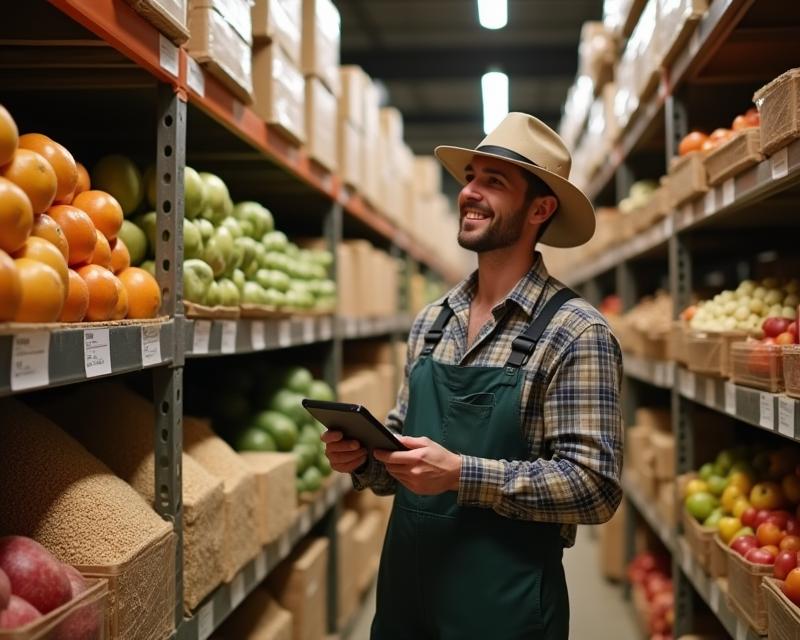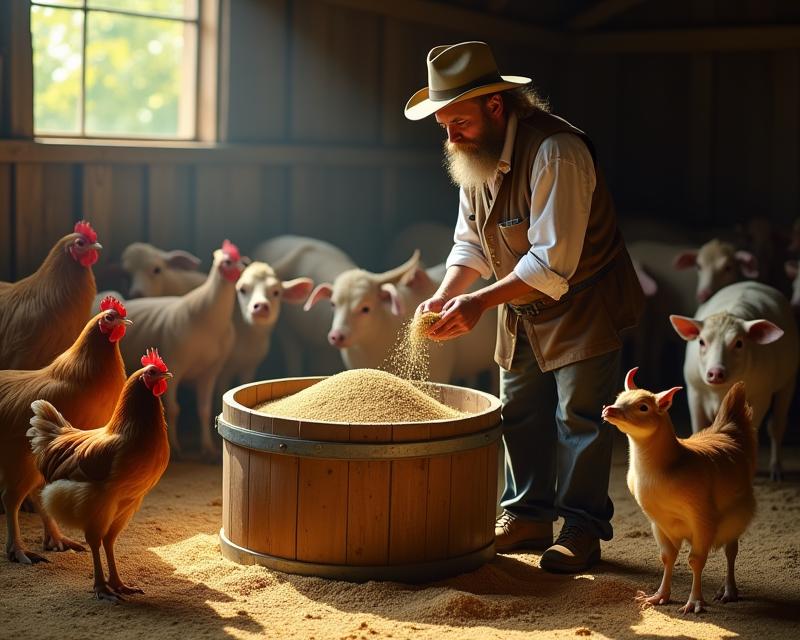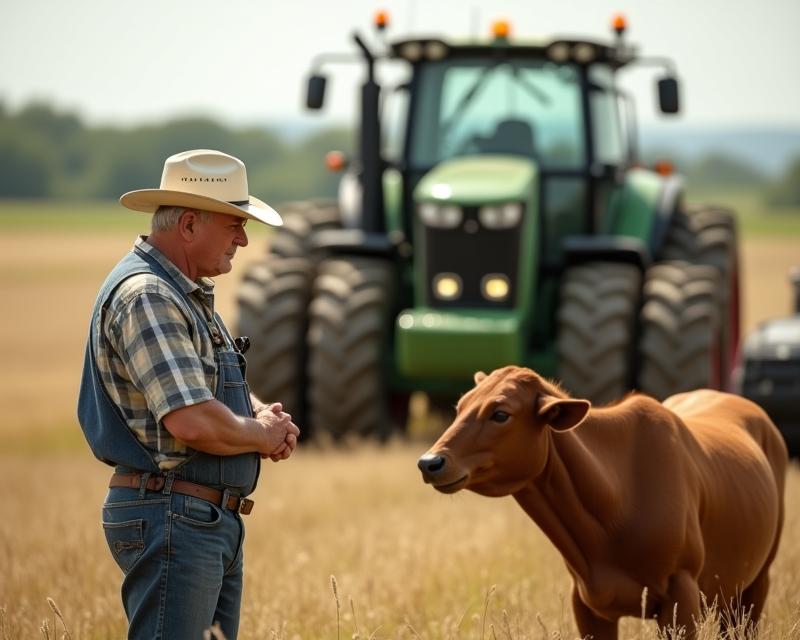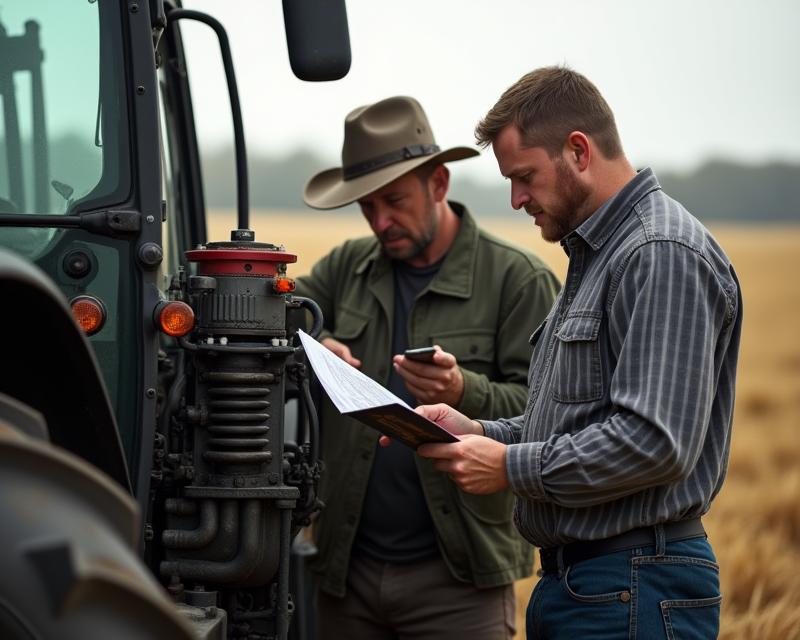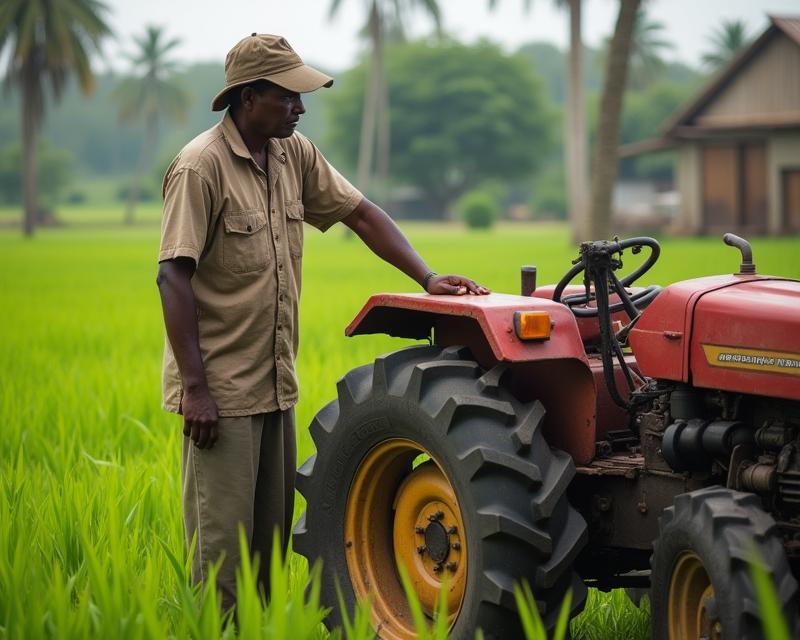Humanitarian Exemptions: Keeping Food Moving
Publish in Farm Business el 03/07/2025 17:15
Humanitarian Exemptions: Keeping Food Moving
Hey everyone! As farmers, gardeners, and ranchers, we all know that getting food where it's needed can sometimes be tricky. Trade barriers, tariffs, and regulations can create roadblocks, especially when disaster strikes or communities face urgent food shortages. That's where humanitarian exemptions come in – they play a vital role in ensuring essential agricultural trade happens when it's most critical.

So, what exactly are humanitarian exemptions? Simply put, they're temporary waivers of normal trade rules. Think of them as a fast lane for food and agricultural products destined for countries facing emergencies like natural disasters (hurricanes, floods, droughts), conflict, or widespread famine. These exemptions allow goods to move quickly and efficiently without the usual delays caused by tariffs or complex import procedures. The goal is to get food into the hands of people who desperately need it, as quickly as possible.
These exemptions aren't just about charity; they're also about global stability. When food shortages occur, it can lead to unrest and even conflict. By facilitating the flow of agricultural products, humanitarian exemptions help prevent these situations. They ensure that vulnerable populations have access to the food they need to survive and rebuild. The United Nations and various international organizations often coordinate these exemptions, working with governments to identify needs and streamline the process. It's a collaborative effort to address urgent food security challenges.
Understanding humanitarian exemptions can be beneficial for farmers and ranchers, too. While you might not directly apply for an exemption, knowing they exist highlights the importance of resilient supply chains and the global interconnectedness of agriculture. It also underscores the role agriculture plays in global humanitarian efforts. Keep an eye on news from organizations like the FAO (Food and Agriculture Organization of the United Nations) and your government's agricultural agencies to stay informed about situations where exemptions are being utilized. It's a reminder that our work contributes to something bigger than just producing food – it contributes to global well-being. And who knows, in the future, your products might be part of a vital humanitarian effort!
